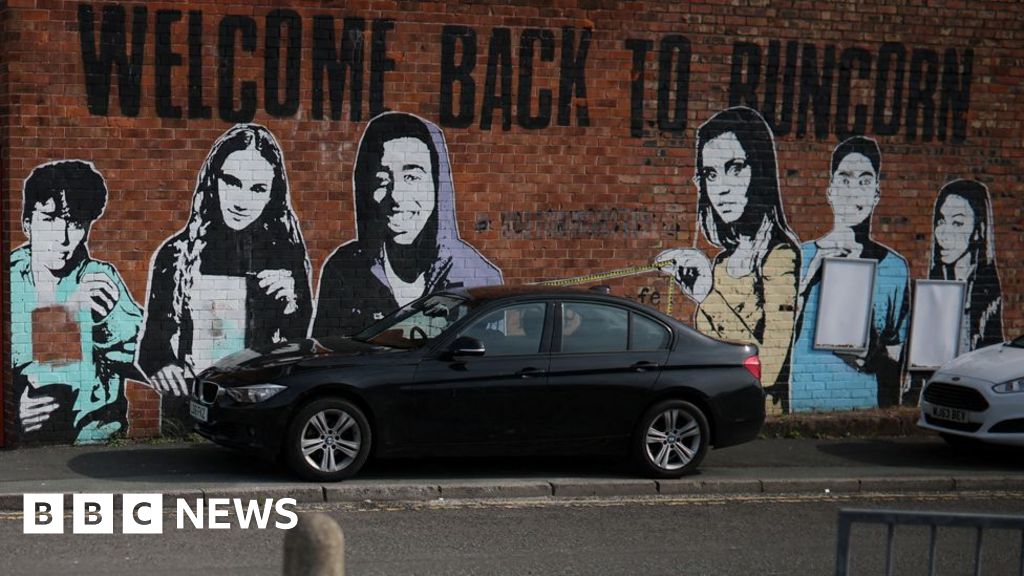Cory Booker Makes History with Epic Senate Filibuster, Takes Stand Against Trump Administration

In a historic moment for the U.S. Senate, Senator Cory Booker of New Jersey has broken the longstanding record for the longest speech in the chamber's history, delivering a compelling and impassioned address that lasted over 25 hours. This marathon speech, which took place on Tuesday, eclipsed the previous record held by the late Senator Strom Thurmond, who famously spoke for 24 hours and 18 minutes in 1957 during a filibuster against the Civil Rights Act. Booker began his speech on Monday evening, drawing inspiration from the late civil rights leader and Congressman John Lewis. He invoked Lewis' clarion call for Americans to engage in "good trouble, necessary trouble," particularly in times of political turmoil. Opening his remarks, Booker noted, "What has happened in the last 71 days is a patent demonstration of a time where John Lewis’ call to everyone has, I think, become more urgent and more pressing." The Senator, who previously ran for the Democratic presidential nomination in 2020, dedicated his lengthy address to protesting various policies and actions taken by the Trump administration. He articulated his concerns over what he deemed reckless attacks on foundational institutions of democracy, particularly those impacting vulnerable communities. During the speech, Booker specifically criticized cuts to federal agencies under the Trump administration, including staffing reductions at the Social Security Administration, stating, "You don’t insinuate fear among vulnerable communities, you don’t insinuate fear among our elders who deserve our respect and deserve to retire with dignity." Throughout the duration of his speech, Booker engaged with fellow Senators through sporadic question-and-answer sessions, a tactic that lent an element of interactivity to his address. The Senate floor, often characterized by procedural formality, became an arena for a passionate plea for justice and accountability. This bold move exemplifies a significant moment of political dissent, with Booker asserting, "So tonight I rise with the intention of getting in some ‘good trouble.’ I rise with the intention of disrupting the normal business of the United States Senate for as long as I am physically able. I rise tonight because I believe sincerely that our country is in crisis." As his speech drew to a close late Tuesday evening, Booker returned to the legacy of John Lewis, emphasizing the importance of standing against normalization of injustice. "He said he had to do something, he would not normalize a moment like this. He would not just go along with business as usual," Booker concluded, reinforcing his commitment to fighting for civil rights and social justice. In response to Booker's marathon address, a spokesperson for the White House dismissed the performance as an attempt to generate a dramatic moment reminiscent of Booker's previous remarks during the 2018 confirmation hearings for Supreme Court nominee Brett Kavanaugh, where he had declared, "I am Spartacus." White House spokesperson Harrison Fields remarked, "When will he realize he’s not Spartacus — he’s a spoof?" Booker's record-breaking speech not only sets a new benchmark in the Senate's storied history but also underscores ongoing political divisions and the heightened urgency for advocacy among progressive lawmakers as they navigate a complex and often contentious political landscape. The significance of his actions may resonate beyond the confines of the Senate chamber, potentially inspiring future acts of civil disobedience and political engagement among citizens disenchanted with current governance.


















